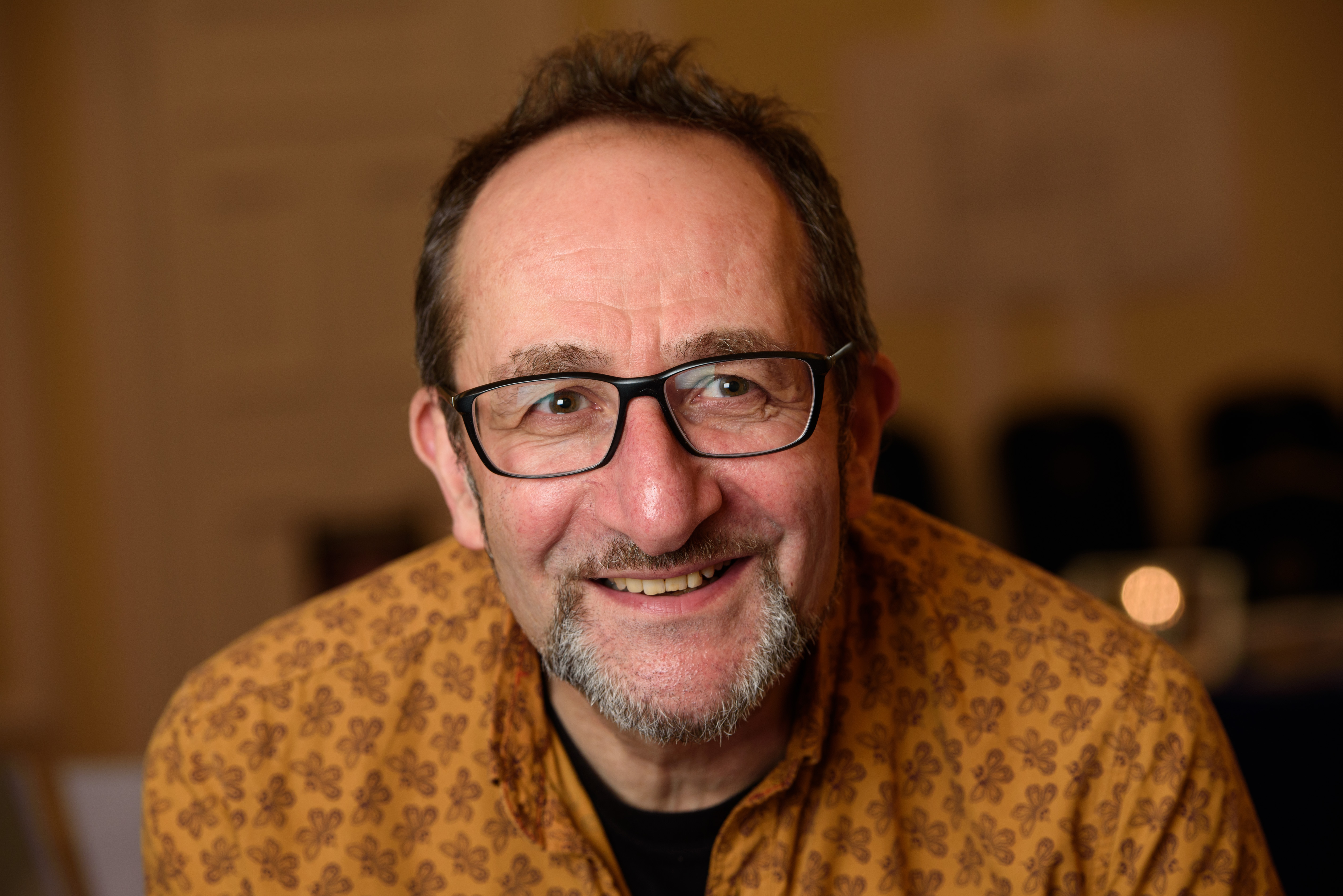How British pioneers of the 19th century revolutionised the way ordinary people 'played the game'.
With their love of rules and regulations, often allied to their passion for gambling, British pioneers of the 19th century revolutionised the way ordinary people ‘played the game’.
WG Grace made cricket a national obsession. The Scots refashioned ancient games such as golf, foot-ball and bowls.
The invention of the lawnmower and of vulcanised rubber heralded the invention of lawn tennis. Artificial ice rinks, shale running tracks, indoor swimming pools and landscaped golf courses – all were made possible by Victorian innovators.
Thereafter, British manufacturers packaged and marketed these new recreational pastimes and sold them to eager audiences overseas.
Albion, not Olympia, provided the real model for what was to follow.
THE ARTS SOCIETY ACCREDITED LECTURER

Mr Simon Inglis
Writer and historian Simon Inglis specialises in the architecture and heritage of sport and recreation. Since 2004 he has edited the Played in Britain series for English Heritage. Although sport and recreation might seem an unlikely subject for The Arts Society, non-sporty types need have no fear. Simon’s themes are architecture, design, heritage and popular culture. After a history degree at University College London, he freelanced for various publications, including the Guardian, Observer and Radio Times. He has curated exhibitions for the Building Centre and the British Council, been a regular contributor to radio and television, has travelled and lectured extensively, and written a number of books. Two were shortlisted for the William Hill Sports Book of the Year, while another, on British football grounds, was chosen by journalist Frank Keating as the best sports book of the 20th century. A recent highpoint in his work for English Heritage was the listing of a 1970s skatepark in Essex, a world first that made the 10 o'clock news.
OTHER EVENTS
How Turner took a little regarded category of painting and used it to produce compelling images of the Romantic movement
Cookbooks are full of food but also extraordinary illustrations




